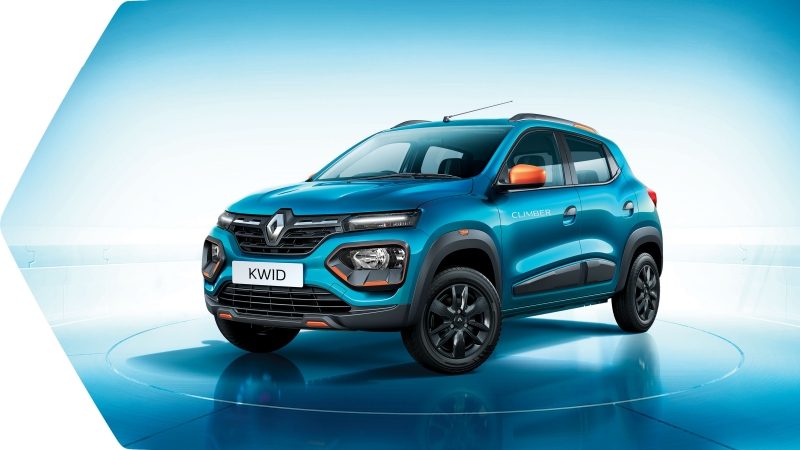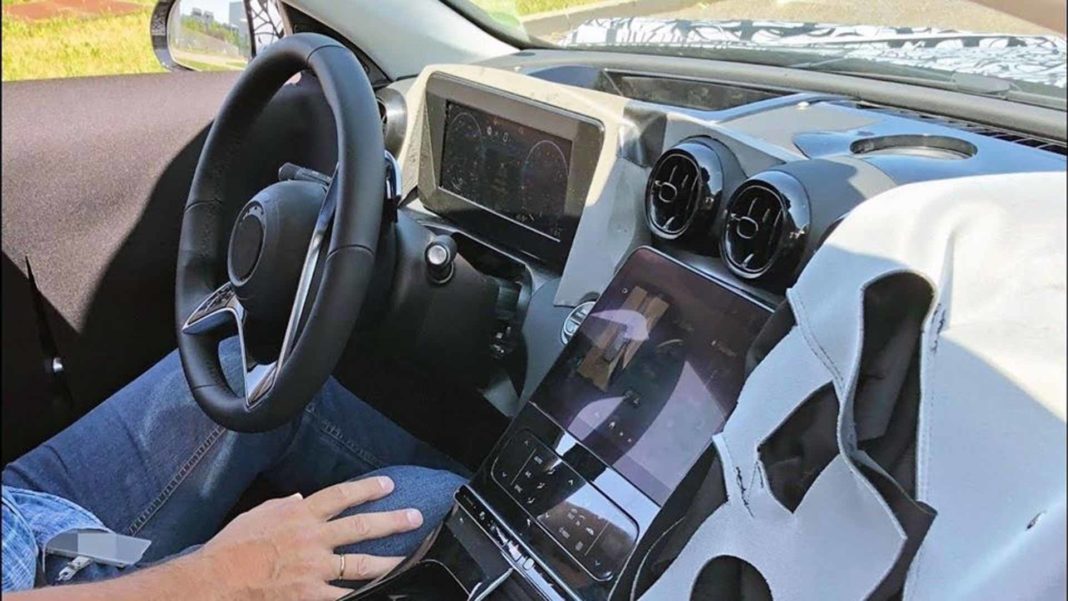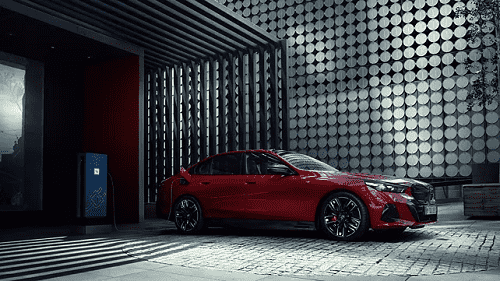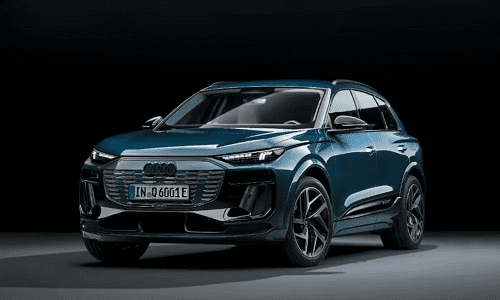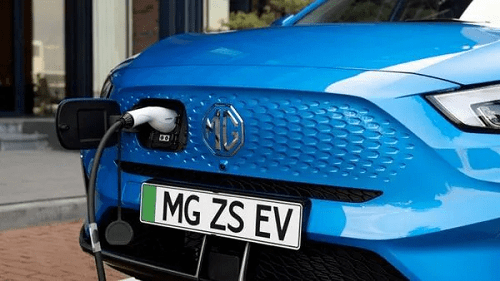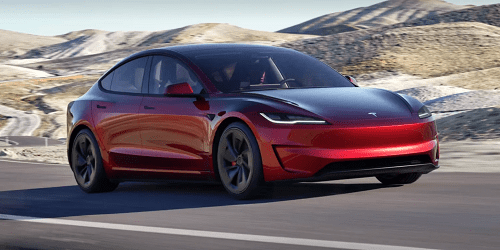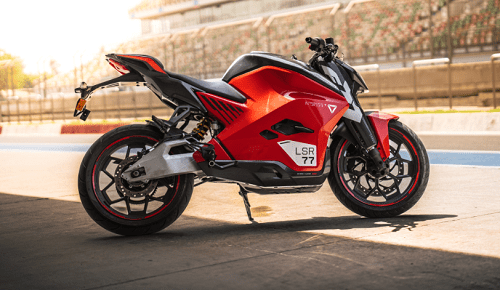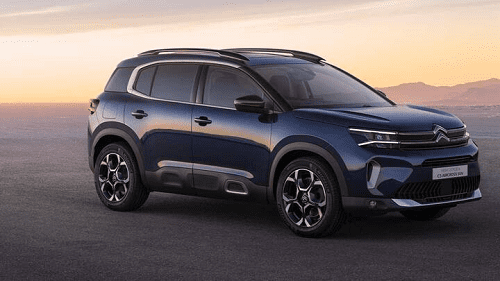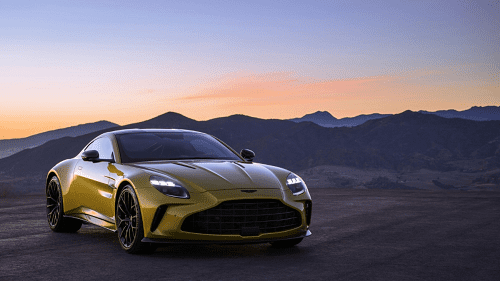Although upcoming emission norms may see the diesel models in market either becoming very expensive or not being offered by some brands at all, but the customer preferences for now have an entirely different story to tell. Diesel engine still remains the preferred choice for customers who are out in the market to buy a SUV. The recent sales data from Maruti Suzuki, Hyundai, or even Renault tells the same. For the financial year 2018-19, the South Korean car maker managed to sell around 1.24 lakhs of their Creta SUV. Out of these units, nearly three-fourths were diesel engine units. The same story also holds true for French automaker Renault as the company sold 10,000 units of its Duster in FY 2018-19 and among these a whopping 70% of units were diesel engine powered. Lastly, Indian automaker Maruti Suzuki offers only diesel engine option for their S-Cross and this crossover SUV managed to pull in 38,000 units for the brand.
The preference for diesel engine among Indian customers can be attributed to several factors. The chief among them is the better mileage that the diesel models offer as compared to the petrol models as of now. Add to the factor that diesel still is a cheaper source of fuel in the market and the customers who drive for longer distances almost instinctively pick diesel over petrol models. Yes, the initial cost involved in purchasing diesel models and maintaining them is higher than petrol models of the same car, but the lower cost in overall operation for high intensity users more than makes up for the cost involved. Lastly, the higher torque means that even in city usage, the diesels are easier to drive.
Talking of the aforementioned models, Maruti Suzuki has already announced its intent to stop making diesel engine models in the BS-VI emissions regime, at least initially. Therefore, the largest Indian automaker will replace the current diesel engine in the S-Cross with a 1.5L K-Series petrol engine. There are hopes that this petrol engine will be a mild-hybrid unit, which will make up for the loss in torque of the petrol replacing the diesel engine. The transmission duties on this engine are likely to be handled by a 5 speed manual or a 4 speed torque converter automatic unit.
Then comes the French automaker Renault, and the brand has still not stated whether it will upgrade its existing diesel engine for BS-VI emission norms, or will replace the current diesel engine in Duster. However, the South Korean maker Hyundai’s Creta will get the engines seen on Kia Seltos in the Indian market. The petrol units will be a 1.5L naturally aspirated unit rated to deliver 113 Bhp and 138 Nm. The next option in the petrol line-up will be a 1.4L turbo petrol unit rated to deliver 138 Bhp and 242 Nm. Moving on to the diesel option, the diesel unit will be a 1.5L turbo unit rated to deliver 113 Bhp and 250 Nm. The 1.4L turbo petrol could be seen on the Creta under the badge of the N-Power variant, similar to the GT Line variant of Kia Seltos.




